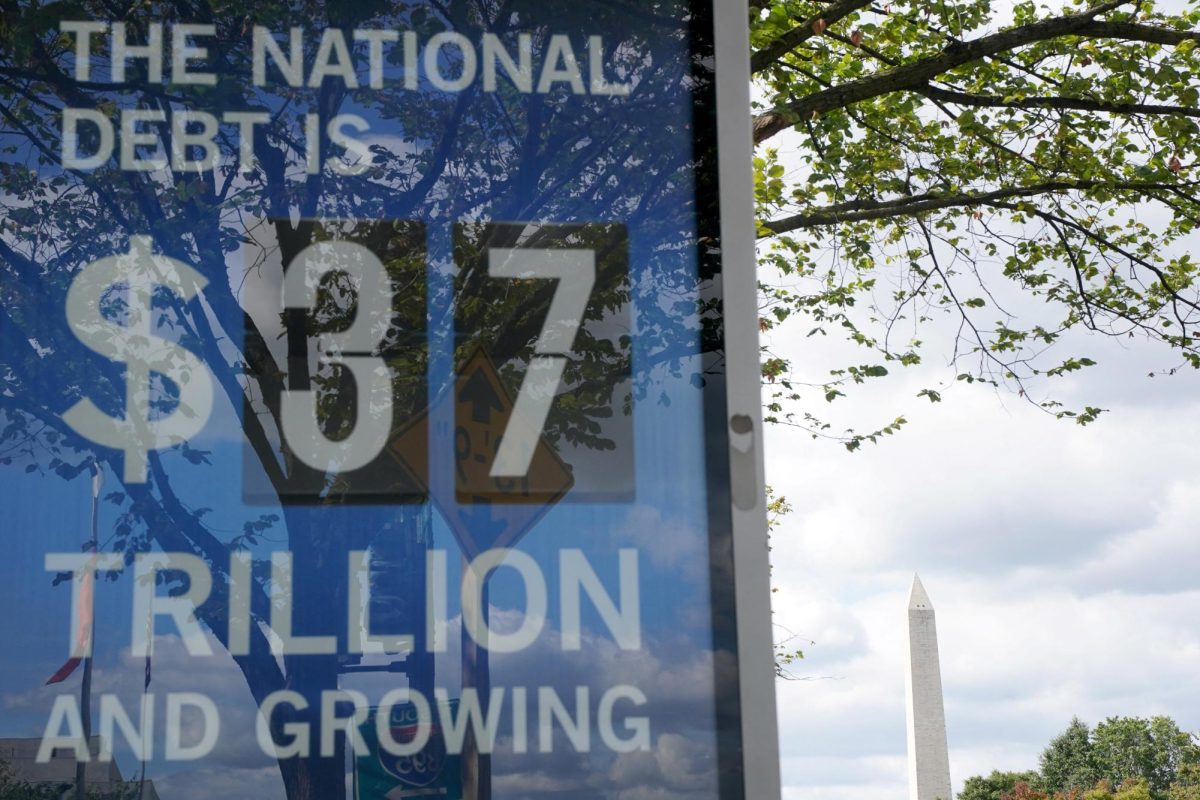Sinister root of unwitting charity participation
No Shave November becomes a beneficial trend through the “Movember” charity. Combining mustache and November.
November 23, 2016
Ah, November.
The month known for cold weather, fall colors, and, of course, charities. With Thanksgiving celebrated on the fourth Thursday of November, it is no wonder that food drives and volunteer efforts abound.
However, one charity rises above the rest in its renown, worldwide scope.
Movember, or No Shave November, is a charity that brings awareness to men’s health issues by encouraging men to grow their facial hair all month. Started in 2004, the movement has enjoyed a steady rise in popularity thanks to the rise in social media use during the past decade.
However, it is impossible to tell how much of Movember’s fame comes from people knowingly spreading awareness of prostate cancer versus men simply growing a beard and proclaiming, “It’s for No Shave November!” without actually knowing the purpose of the movement.
“I knew No Shave November was a thing people did long before I knew why they did it,” Cathedral Catholic High School student Daniel Robinson ‘17 said. “When people say they’re growing a beard for Movember, they don’t usually follow with something about prostate cancer.”
In fact, a quick browse of the Movember tag on Instagram reveals little to indicate the purpose of the movement.
A few posts include the tag “#menshealth” or mention prostate cancer, but the vast majority do not, and No Shave November is only the tip of the false-charity- participation-ignorance iceberg.
El Cid readers will remember the Ice Bucket Challenge, a phenomenon that swept social media two years ago when do-gooders nominated friends to either donate money to the ALS Association or to dump a bucket of freezing water on their heads.
Through the ensuing game of social media telephone, the part about ALS was often dropped, rendering the challenge fun, but largely pointless.
“When I was nominated, I didn’t know I had 24 hours to donate money,” CCHS student Jen Vargas ‘17 said. “I didn’t know that was the point. I just thought I had to pour cold water on my head. I looked it up later and found out it was something for charity.”
Luckily, enough people who participated in the ALS Ice Bucket Challenge knew it was for charity and donated money.
According to the ALS Association, $115 million was donated during the 8-week span of the challenge. The Movember Foundation saw $16 million raised in 2015, so it is clear that plenty of people are aware of the purpose behind No Shave November.
In fact, those people who posted their budding beard or Ice Bucket Challenge without knowing the point behind either movement probably unwittingly contributed to awareness for both movements.
However, their accidental charity work really is not laudable, revealing an underlying problem with the rise of social media. That is to say, people often participate in trends they see or believe things they read on social media without giving any thought to what’s behind the posts.
For example, the recent presidential election saw fake news stories shared all over Facebook from both conservatives and liberals. The widely shared conflicting and false stories paint a worrying picture of users willfully remaining ignorant and closing their eyes and ears to anything contradicting their set opinions.
It is not just ordinary users who choose not to fact-check or research their posts.
President-elect Donald J. Trump retweeted a wildly inaccurate set of statistics about shootings in the United States during his campaign. When confronted by Bill O’Reilly, Trump defended himself by saying, “Am I gonna check every statistic? All it was was a retweet, and it wasn’t from me.”
When someone who is soon to be one of the most powerful people in the world refuses to be held accountable for not fact-checking his posts before spreading them, that behavior becomes easily excusable for millions of ordinary social media users whose posts reach a far smaller audience.
Of course, unknowingly participating in a charity movement has far more positive impacts than unknowingly spreading harmful, false information, but the principle is the same.
As social media users, we all need to be more careful about checking the purpose behind trends we see before participating and the validity of sources before posting. We all need to be accountable for knowing exactly what message and image we promote on our pages.






















































